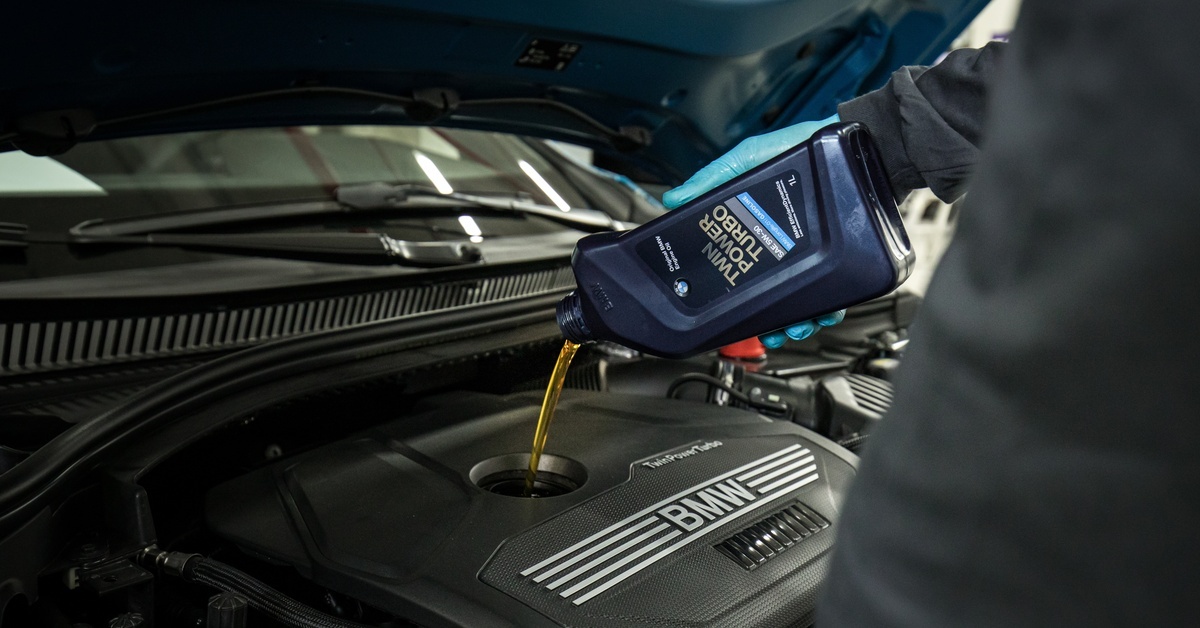The industrial landscape is undergoing a significant shift as concerns about environmental impact and sustainability continue to intensify. Among the numerous advancements aimed at reducing ecological footprints, biodegradable lubricants are emerging as a sustainable alternative to conventional lubricants across various heavy industries. The future of biodegradable lubricants in heavy industries is rapidly becoming integral to the operational strategies of forward-thinking enterprises.
Understanding Biodegradable Lubricants
Biodegradable lubricants, often referred to as bio-lubes, are high-performance lubricants designed to break down naturally in the environment. Unlike traditional mineral-based lubricants, which are derived from crude oil and can leave harmful residues, bio-lubes are composed of renewable resources, such as vegetable oils and synthetic esters. Once discarded, they decompose into harmless substances, such as water and carbon dioxide, leaving a minimal ecological footprint. This sets them apart as an ideal option for industries operating in environmentally sensitive areas.
Why Heavy Industries Are Turning to Biodegradable Lubricants
Both necessity and opportunity drive the adoption of biodegradable lubricants by heavy industries. Heavy industries, such as mining, manufacturing, and transportation, often operate in conditions where the risk of lubricant leakage and contamination is high. With environmental regulations tightening globally, noncompliance can result in substantial fines and reputational damage. Biodegradable lubricants not only reduce the risk of ecological harm but also align with corporate sustainability goals, making them a compelling choice for modern industries.
Applications in Mining Operations
Mining is a sector fraught with environmental challenges due to its intensive use of machinery and the risk of soil and water contamination. Biodegradable lubricants are now being used extensively in hydraulic systems, drilling equipment, and heavy excavators. An example is a mining company operating near a river ecosystem. Using a biodegradable lubricant in hydraulic excavators minimizes the risk of harmful chemical runoff into aquatic environments, ensuring compliance with local environmental standards.

Manufacturing and Eco-Friendly Operational Shifts
The manufacturing sector often involves machinery that operates under high-pressure and high-temperature conditions, raising the stakes for lubricant efficiency and performance. Biodegradable lubricants are gaining traction for their ability to offer similar, if not superior, levels of performance compared to traditional petroleum-based counterparts. For instance, CNC machinery can utilize bio-lubes to enhance operational efficiency while ensuring that spilled or leaked lubricants do not pose a hazard to the surrounding soil or water bodies.
The Role of Biodegradable Lubricants in Construction
Construction crews often operate near urban areas or natural habitats, where they must minimize the risk of environmental contamination. Heavy construction equipment, including cranes, bulldozers, and backhoes, can benefit significantly from biodegradable lubricants.
For example, a construction site near a wetland area could switch from traditional hydraulic oils to bio-based alternatives. This would not only mitigate risks associated with accidental spillage but also demonstrate a commitment to eco-conscious practices during high-impact infrastructure projects.
Automotive and the Transition to Green Technology
The automotive sector, including lube shops catering to individual customers, has begun to recognize the importance of biodegradable lubricants. These lubricants are suitable for various automotive applications, including engine oils, transmission fluids, and brake oils, offering a cleaner and greener alternative.
Hypothetically, a car manufacturer aiming to produce an entirely eco-friendly vehicle could pair electric engines with biodegradable lubricants, creating a completely green solution. Even individual car owners visiting lube shops are beginning to prefer bio-based oils, making them an emerging offering in the aftermarket service industry.

Military and Government Driving Adoption
Military and government teams work in demanding terrains where preventing environmental damage is even more critical. Biodegradable lubricants are well-suited for naval vessels and combat vehicles due to their performance capabilities and low ecological impact. An example could include the use of bio-lubes in amphibious military vehicles operating in coastal regions. Such initiatives not only ensure operational efficiency but also align with government mandates for eco-friendly defense practices.
Data On Performance and Reliability
One of the main deterrents to adopting biodegradable lubricants traditionally has been skepticism about their performance compared to mineral-based lubricants. However, advancements in bio-lube formulations have dispelled such concerns. Engineers design modern biodegradable lubricants to deliver high thermal stability, strong oxidation resistance, and superior lubrication. For instance, synthetic esters are now added to formulations to enhance performance under extreme conditions, such as high-pressure hydraulic systems or high-heat manufacturing processes.
Tackling Cost Concerns
While biodegradable lubricants can be more expensive upfront than conventional options, their long-term cost benefits are noteworthy. By offering better equipment protection, reduced wear and tear, and extended machinery life, these lubricants contribute to lower maintenance expenses. For example, a manufacturing plant may experience a noticeable reduction in equipment downtime after switching to bio-lubricants, potentially saving thousands of dollars annually on operating costs.
Environmental Impact and Sustainability
The long-term sustainability benefits of biodegradable lubricants are substantial. Given their ability to break down naturally, bio-lubes significantly minimize soil and water contamination risks. This has wide-ranging implications for industries operating in environmentally sensitive zones. Picture a construction company undertaking a project in the Arctic tundra. Traditional lubricants pose significant ecological risks in such a fragile environment, while biodegradable options could serve as a safer and more environmentally friendly alternative.
Meeting Regulatory Demands
Global environmental regulations are becoming increasingly stringent, necessitating a shift toward greener alternatives across various industries. As regulations tighten, more industries view biodegradable lubricants as a proactive solution to stay compliant and protect the environment. For example, the European Union’s directive on eco-labeling has prompted many industries to adopt bio-lubes to ensure compliance. This proactive adjustment helps avoid penalties and reinforces an organization’s reputation as a sustainability leader.
The Role of Innovation in Expanding Applications
The evolution of biodegradable lubricants is not merely a reaction to environmental concerns but also a byproduct of innovations in chemistry and engineering. The introduction of advanced synthetic bio-lubricants has expanded their applicability across industries.
For instance, innovative additives now enhance bio-lube performance in extreme temperatures, enabling their use in aerospace applications. Consider a hypothetical space exploration program where biodegradable lubricants are used for ground-based rocket assembly equipment, creating possibilities that were previously unattainable with traditional formulations.
Challenges and The Road Ahead
Despite their numerous advantages, certain challenges still hinder the widespread adoption of biodegradable lubricants. Limited availability, higher costs, and the need for specialized formulations for certain heavy-duty applications can pose significant challenges. However, as research progresses and economies of scale take effect, these challenges are expected to diminish. For instance, government incentives and subsidies for bio-lubes in industries could help offset initial costs, encouraging broader adoption.
A Sustainable Future With Biodegradable Lubricants
Biodegradable lubricants are no longer a niche consideration but a crucial component of the industrial world’s shift toward sustainable practices. Across heavy industries, their adoption signals not just compliance with environmental norms but a commitment to creating a greener, more responsible operational ecosystem.
The future of biodegradable, high-performance lubricants in heavy industries is here, and with the combined efforts of manufacturers, industry leaders, and policymakers, it looks incredibly promising.

